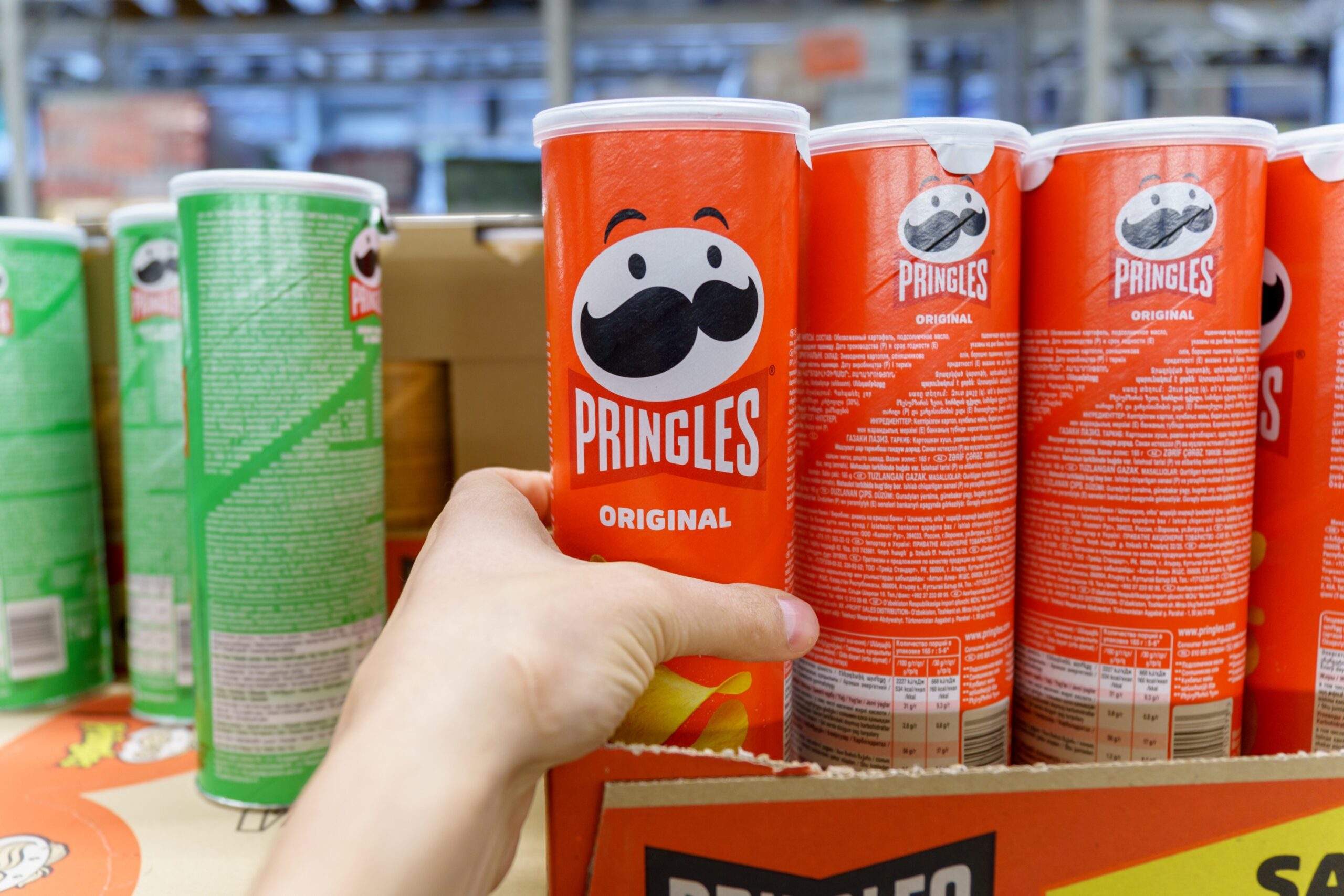
Kellogg has sold its operations in Russia to local snacks-and-drinks firm Chernogolovka for an undisclosed sum.
The Special K breakfast cereal and Pringles snacks maker had already suspended shipments to and investment in Russia in March following the invasion of Ukraine. However, the food giant continued to operate in Russia to avoid exacerbating the food-security risk.

Discover B2B Marketing That Performs
Combine business intelligence and editorial excellence to reach engaged professionals across 36 leading media platforms.
“The Kellogg business in Russia currently represents less than one percent of net sales. However, due to recent events, sustaining our operations has become untenable,” the company said in a statement provided to Just Food. “As a result, we have made the decision to divest our operations in Russia to a local Russian company, Chernogolovka.”
Kellogg employs around 1,600 workers in Russia. It operates three plants – in the western city of Pskov, in Vyazma further south and in Voronezh, another 400 miles south. Confirming the partial exit in March, a spokesperson said Kellogg produced “Russian-branded, essential staple foods, including cereal and biscuits” in the country.
Just Food has asked Kellogg for clarity on what assets are included in the disposal to Chernogolovka and the status of all the employees.
“Our primary goal as we exit this market is to ensure the safety and wellbeing of our employees. The sale is subject to a number of local government regulatory approvals,” Kellogg said today (23 December).

US Tariffs are shifting - will you react or anticipate?
Don’t let policy changes catch you off guard. Stay proactive with real-time data and expert analysis.
By GlobalDataThe company added with historical context: “Earlier this year, we suspended all imports of our products and suspended investment and support for our international brands, including advertising and promotions in Russia. We only continued producing essential staple foods locally as we were mindful of not increasing the risk of food shortages for the local population.”




